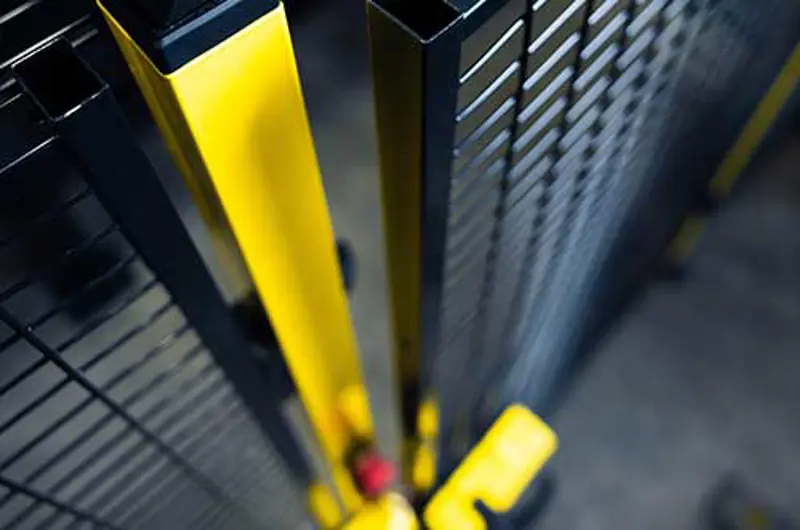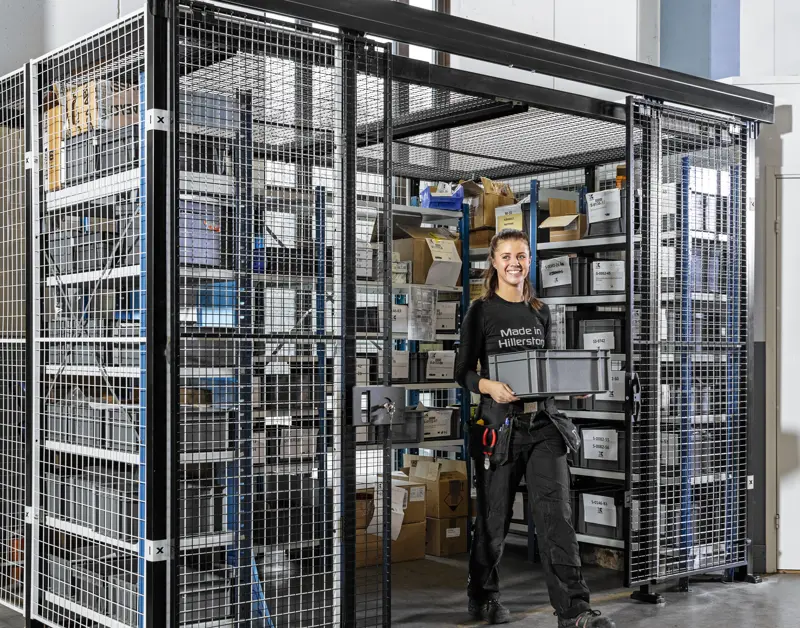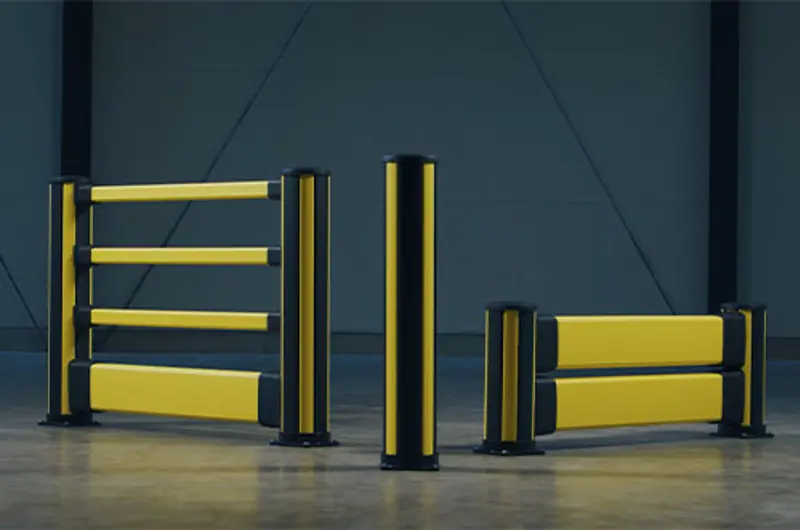-
Machine Guarding

Machine guarding
Axelent is a market leading manufacturer of machine guards. The complete system that we deliver meets current safety directives and standards.
-
Warehouse

Axelent's market’s leading industry and warehouse storage products.
Discover smart solutions for creating partitions, secure cages, and to protect against falling goods and pallets from racking.
Partitions and cages
Pallet & Falling Goods
Fall protection System
Mesh shelving
Services
-
Impact

Impact protection
X-Protect is Axelent's range of impact protection. We offer all impact protection you need, from bollards to safety barriers, column guards and pedestrian barriers.
-
Cable Routing
X-Tray Cable Trays - A Premium Brand from start to finish
X-Tray is Axelent's own cable management system. It has the market's widest range, both in terms of material and capabilities. Since September 1, 2022, standalone X-Tray is produced, stocked and sold via our sister company Axelent Wire Tray. For machine guarding cable management see our machine guarding page.
-
Property

Solutions for basement and property storage
We offer a wide range of storage cages for property and facility management.
Storeroom system









